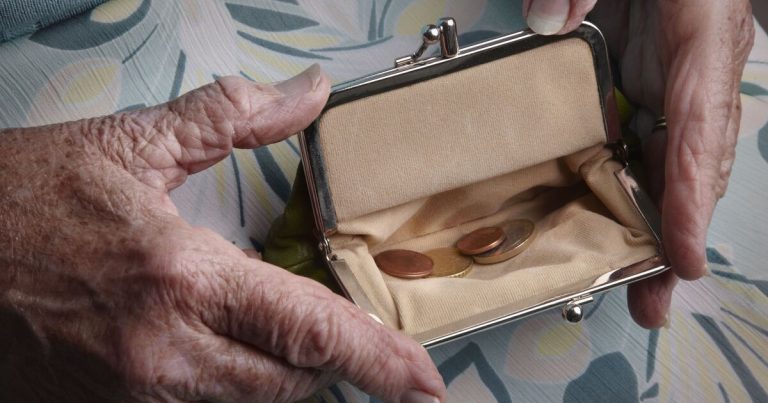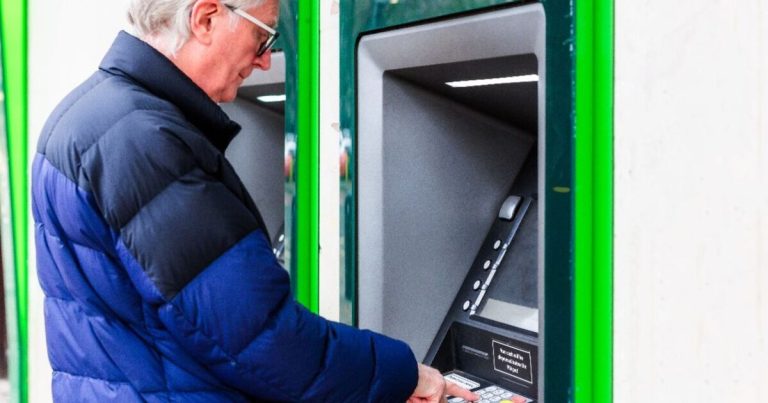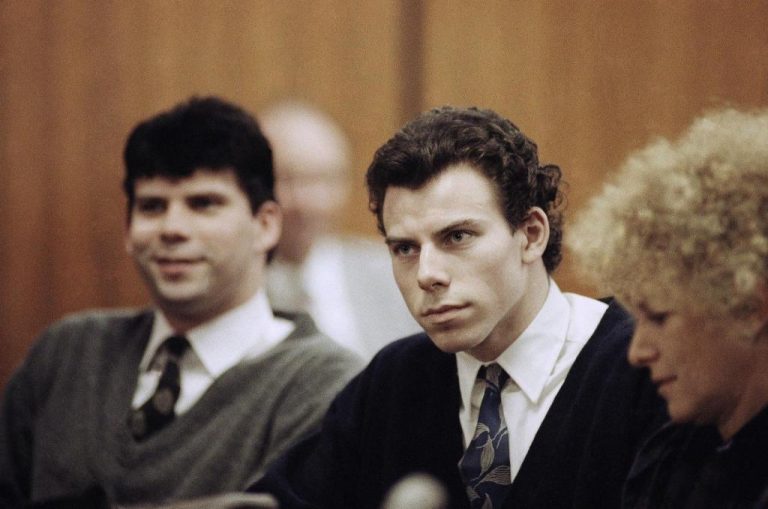
One in five first-time buyers in the UK don’t think they will be able to buy until at least their forties, new research has found.
A shocking 20 percent of Brits will be left without their own first home into their forties, a significant increase on the current average first-time buyer age (33).
Similarly around half (48 percent) of first-time buyers say their prospects of owning a home are further away than ever due to the ongoing cost-of-living crisis, research from Nationwide has found.
The research, a poll of 1,000 aspiring homeowners, found that more than eight in ten (84 percent) say that the cost-of-living has impacted their plans, with 49 percent having delayed them due to affordability concerns.
A further six in ten (60 percent) are postponing their homeownership plans by up to three years.
When asked about what the biggest barrier was to getting that first home, nearly a third (31 percent) of those surveyed said it was saving for a deposit. However, that isn’t the only barrier, with 44 per cent pointing to an issue with affordability:
• One in five (20 percent) said it was finding somewhere in their price range
• 14 percent said it was being able to afford the monthly repayments
• One in ten (10 percent) said it was the ability to borrow enough for the mortgage
Rachael Sinclair, Nationwide’s director of mortgages and financial wellbeing, said: “Getting that first home is as challenging as it ever has been.
“We need to solve the first-time buyer conundrum, which is why Nationwide has continually called for the government to set up an independent review of the first-time buyer market.
“It’s why we’ll also be jointly launching a Housing White Paper with the Building Societies Association next week, which will outline the essential policy changes that are needed to tackle the homeownership crisis and support people into their first home.”
For those that are trying to save the deposit, more than a quarter (26 percent) of prospective homeowners have been saving for their deposit for three to five years, with a further 10 percent saving for six or more years.
However, over half of respondents (52 percent) now have less money each month to save for a deposit as a result of cost challenges, while 29 percent said financial pressures had impacted the amount of additional financial support, such as from parents.
According to the poll, the average amount people said they had to put towards the deposit was £9,533 – far short of the £22,400 needed for a 10 percent deposit based on the £223,554 average first-time buyer house price, according to Nationwide’s House Price Index.
While more than half (52 percent) had up to £5,000 available for a deposit, around one in four (26 percent) only had up to £1,000, while 11 per cent said they had no money available to put towards a deposit.







